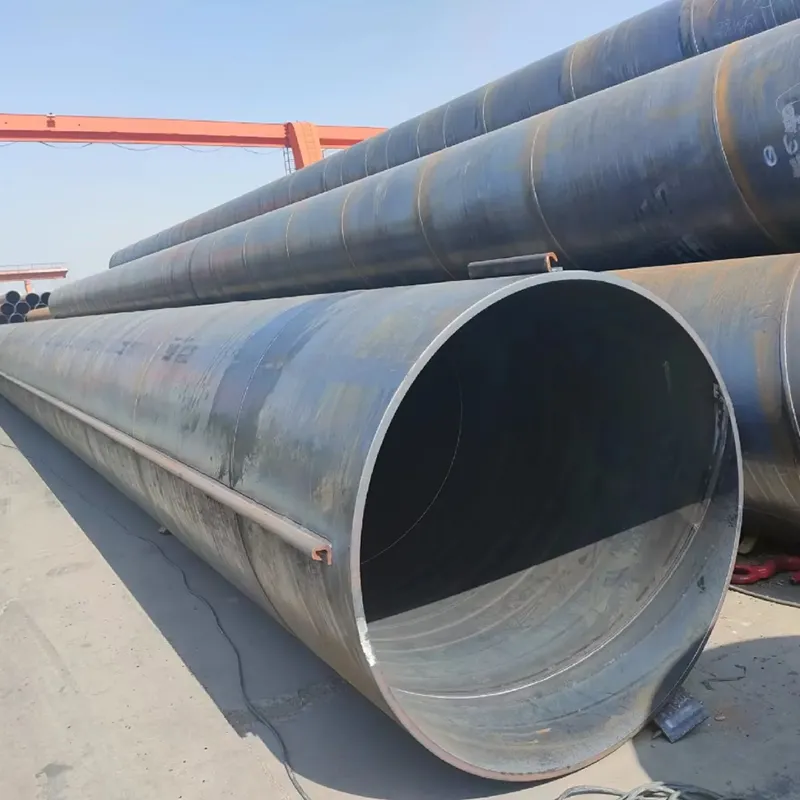-
Cangzhou Yulong Steel Co., Ltd.
-
Phone:
+86 13303177267 -
Email:
admin@ylsteelfittings.com
- English
- Arabic
- Italian
- Spanish
- Portuguese
- German
- kazakh
- Persian
- Greek
- French
- Russian
- Polish
- Thai
- Indonesian
- Vietnamese
- Zulu
- Korean
- Uzbek
- Hindi
- Serbian
- Malay
- Ukrainian
- Gujarati
- Haitian Creole
- hausa
- hawaiian
- Hebrew
- Miao
- Hungarian
- Icelandic
- igbo
- irish
- Japanese
- Javanese
- Kannada
- Khmer
- Rwandese
- Afrikaans
- Albanian
- Amharic
- Armenian
- Azerbaijani
- Basque
- Belarusian
- Bengali
- Bosnian
- Bulgarian
- Catalan
- Cebuano
- China
- China (Taiwan)
- Corsican
- Croatian
- Czech
- Danish
- Esperanto
- Estonian
- Finnish
- Frisian
- Galician
- Georgian
- Kurdish
- Kyrgyz
- Lao
- Latin
- Latvian
- Lithuanian
- Luxembourgish
- Macedonian
- Malgashi
- Malayalam
- Maltese
- Maori
- Marathi
- Mongolian
- Myanmar
- Nepali
- Norwegian
- Norwegian
- Occitan
- Pashto
- Dutch
- Punjabi
- Romanian
- Samoan
- Scottish Gaelic
- Sesotho
- Shona
- Sindhi
- Sinhala
- Slovak
- Slovenian
- Somali
- Sundanese
- Swahili
- Swedish
- Tagalog
- Tajik
- Tamil
- Tatar
- Telugu
- Turkish
- Turkmen
- Urdu
- Uighur
- Welsh
- Bantu
- Yiddish
- Yoruba

Aug . 09, 2024 16:10 Back to list
Exploring the Properties and Applications of Aluminum Alloy Crystallizers in Modern Manufacturing Processes
Understanding Aluminum Alloy Crystallizers
Aluminum alloys play a crucial role in the modern manufacturing industry due to their excellent strength-to-weight ratio, corrosion resistance, and versatility. One essential aspect of manipulating these materials lies in the processes they go through during solidification, particularly in crystallization. This article delves into the concept of aluminum alloy crystallizers, their significance in industrial applications, and the parameters that influence crystallization.
The Importance of Crystallization
Crystallization is a key phenomenon that occurs when molten aluminum alloys transition into solid forms. This process is crucial for determining the final properties of the metal, including its microstructure, mechanical strength, and overall performance. In the production of aluminum alloys, controlling the crystallization process can lead to enhanced material properties and an increase in manufacturing efficiency.
Aluminum crystallizers are specialized devices designed to facilitate the solidification of aluminum alloys. They provide an environment that promotes uniform cooling and controlled solidification, which is essential for achieving the desired crystallization patterns. These patterns significantly affect the alloy's mechanical properties, such as ductility, hardness, and tensile strength.
Types of Aluminum Alloy Crystallizers
There are various types of crystallizers used in the production of aluminum alloys, each with its specific advantages and applications. Among the most common are
1. Permanent Mold Crystallizers These are made from materials with high thermal conductivity like steel or cast iron, which allows faster cooling of the molten alloy. This is especially beneficial for producing components with fine microstructures.
2. Sand Molds While less efficient in terms of thermal conductivity, sand molds are more versatile and easier to produce for complex shapes. They are often used in low-volume applications where precision is not as critical.
aluminum alloy crystallizer

3. Continuous Casting Molds This sophisticated technology allows for continuous solidification of aluminum, making it highly efficient for large-scale production. This method results in homogeneous microstructures and reduces material waste.
Factors Influencing Crystallization
Several factors affect the crystallization process in aluminum alloys. These include
- Cooling Rate The rate at which the molten alloy cools significantly influences the nucleation and growth of crystals. Rapid cooling can lead to finer grains, while slower rates allow for larger crystal formations.
- Alloy Composition The specific elements within the alloy, such as silicon, magnesium, or zinc, can alter the crystallization behavior. Each addition affects the melting point, fluidity, and solidification characteristics, influencing phase transformations.
- Impurities and Additives The presence of impurities can disrupt the crystallization process, leading to defects and inferior mechanical properties. Conversely, specific additives can promote desired crystallization behaviors and improve the overall quality of the final product.
Conclusion
In conclusion, aluminum alloy crystallizers play a pivotal role in ensuring the quality and performance of aluminum products. By understanding the intricacies of the crystallization process, manufacturers can produce alloys tailored to specific applications, driving innovation in various industries. As technology continues to evolve, the development and optimization of crystallizers will remain an essential focus in the production of high-performance aluminum alloys, paving the way for advancements in material science and engineering. Through continued research and experimentation, we can expect even more refined techniques that enhance the functional properties of aluminum, ensuring its utility in the future.
Latest news
-
ANSI 150P SS304 SO FLANGE
NewsFeb.14,2025
-
ASTM A333GR6 STEEL PIPE
NewsJan.20,2025
-
ANSI B16.5 WELDING NECK FLANGE
NewsJan.15,2026
-
ANSI B16.5 SLIP-ON FLANGE
NewsApr.19,2024
-
SABS 1123 FLANGE
NewsJan.15,2025
-
DIN86044 PLATE FLANGE
NewsApr.19,2024
-
DIN2527 BLIND FLANGE
NewsApr.12,2024
-
JIS B2311 Butt-Welding Fittings LR/SR 45°/90° /180°Seamless/Weld
NewsApr.23,2024











